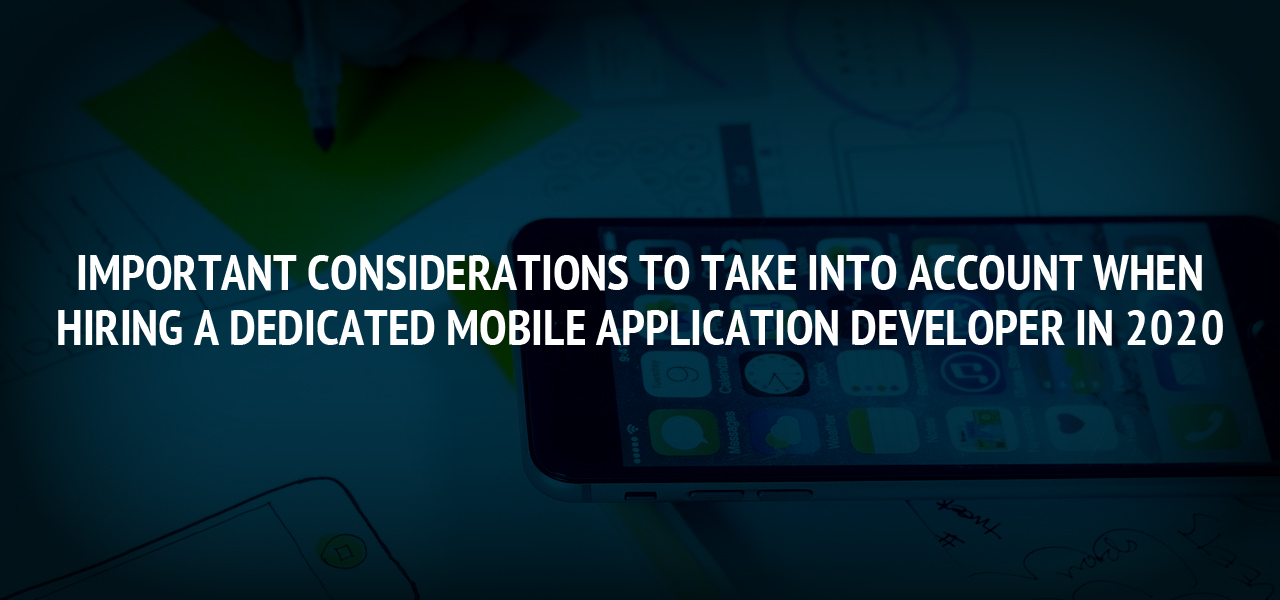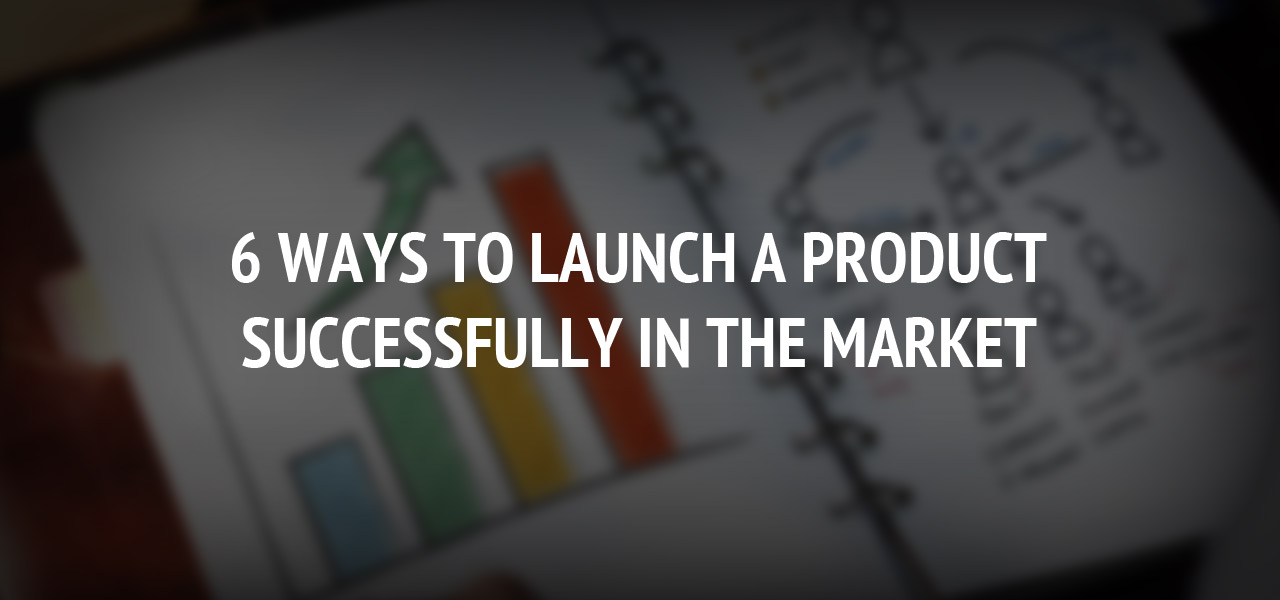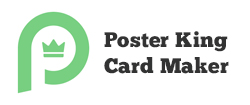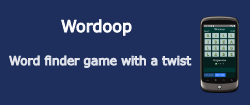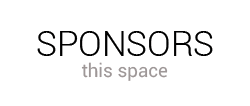Integrating IoT and AI: The Next Generation of Home Health Care Software Solutions
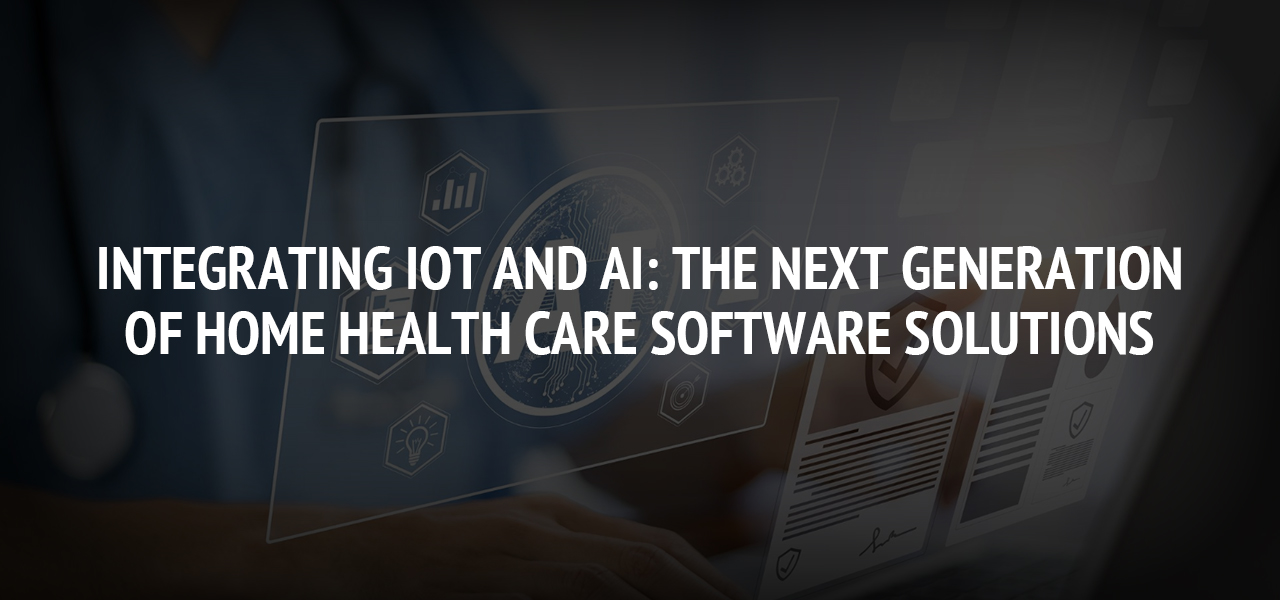
The convergence of IoT and AI in the healthcare industry has opened up new possibilities for improving home health care. The integration of IoT devices and AI algorithms in home health care software solutions has the potential to revolutionize patient monitoring, medication management, and predictive health analytics.
In this blog, we will explore the benefits and potential of integrating IoT and AI in home health care software solutions.
Understanding IoT and AI in Home Health Care
What is IoT?
IoT, or the Internet of Things, refers to a network of interconnected physical devices that can collect and exchange data. In the context of home health care, IoT devices can include wearables, smart sensors, and medical devices that monitor vital signs, activity levels, and medication adherence. These devices provide real-time data that can be analyzed and used to improve patient care.
Examples of IoT Devices in Home Health Care:
- Wearable Fitness Trackers: Devices like Fitbits or smartwatches that monitor physical activity, heart rate, and sleep patterns.
- Smart Glucose Monitors: Devices that continuously monitor blood sugar levels and send alerts if they deviate from the normal range.
- Connected Thermometers and Blood Pressure Monitors: Tools that provide real-time data to healthcare providers for better patient management.
What is AI?
AI, or Artificial Intelligence, is the simulation of human intelligence in machines that can perform tasks that typically require human intelligence. In home health care, AI can be used to analyze the vast amount of data collected by IoT devices, identify patterns, and make predictions to enhance patient care.
Examples of AI Applications in Home Health Care:
- Diagnostic Tools: AI-powered systems that assist in diagnosing diseases based on symptoms and medical history.
- Predictive Analytics: Algorithms that predict potential health risks by analyzing data trends from IoT devices.
- Personalized Care Recommendations: AI systems that tailor treatment plans based on individual patient data.
The Advantages of Integrating IoT and AI in Home Health Care Software Solutions
Enhanced Remote Patient Monitoring
The integration of IoT and AI enables real-time monitoring of vital signs and health parameters through connected devices. Patients can wear smart devices that continuously track their heart rate, blood pressure, and oxygen levels, among other vital signs. This data is transmitted to healthcare providers, who can remotely monitor patients' health and intervene if any abnormalities are detected.
AI-powered analytics further enhance remote patient monitoring by analyzing the collected data and identifying patterns that may indicate potential health issues. These analytics can provide personalized care recommendations, such as lifestyle modifications or medication adjustments, to improve patient outcomes.
Improved Medication Management
Medication adherence is a critical aspect of managing chronic conditions and ensuring patient well-being. Integrating IoT and AI in home health care software solutions can greatly improve medication management.
Smart pill dispensers can be programmed to dispense medications at specific times and send reminders to patients to take their medication. AI algorithms can track medication adherence and send notifications to patients or caregivers if doses are missed. Additionally, AI can analyze patient data and suggest personalized dosage adjustments based on factors such as age, weight, and response to treatment.
Predictive Health Analytics
By integrating IoT sensors and AI algorithms, home health care software solutions can collect continuous health data and analyze it to predict potential health risks. IoT sensors can monitor factors such as sleep patterns, activity levels, and environmental conditions. AI algorithms can then analyze this data, identify patterns, and predict the likelihood of developing certain conditions or experiencing health-related events.
For example, AI algorithms can predict falls in elderly patients by analyzing data collected from IoT sensors placed in their homes. This enables healthcare providers to take preventive measures and reduce the risk of falls, such as recommending physical therapy or modifying the home environment.
Challenges and Considerations in Implementing IoT and AI in Home Health Care Software Solutions
Privacy and Security Concerns
The integration of IoT and AI in home health care software solutions raises concerns about the privacy and security of patient data. It is crucial to protect patient data and ensure secure communication between devices to prevent unauthorized access or data breaches. Compliance with data privacy regulations, such as GDPR and HIPAA, is essential to maintain patient trust and confidentiality.
Interoperability and Integration
To fully leverage the benefits of IoT and AI in home health care, it is necessary to ensure seamless integration of various IoT devices and AI algorithms into a unified software solution. Compatibility with existing healthcare systems and electronic health records (EHRs) is critical to enable efficient data exchange and provide a comprehensive view of patient health.
Ethical Considerations
While AI can enhance patient care, it is essential to maintain transparency in AI algorithms and decision-making processes. Patients and healthcare professionals should have a clear understanding of how AI algorithms analyze data and make recommendations. Furthermore, it is crucial to ensure that AI does not replace human interaction and healthcare professionals. AI should be seen as a tool to support and augment human decision-making, rather than replace it.
The Future of Home Health Care Software Solutions
The future of home health care software solutions lies in the continued advancement of IoT and AI technologies. Potential innovations include more sophisticated machine learning algorithms, enhanced big data analytics, and the development of even more integrated and user-friendly systems.
Potential Advancements:
- Machine Learning: Continued development of machine learning algorithms to improve the accuracy and reliability of health predictions.
- Big Data Analytics: Leveraging big data analytics to gain deeper insights into patient health and improve treatment plans.
- User-Friendly Systems: Developing more intuitive and user-friendly interfaces for patients and healthcare providers, ensuring wider adoption of these technologies.
Explore How IoT and AI Transform Home Health Care Now!
The integration of IoT and AI in home health care software solutions offers immense potential to transform the healthcare industry. By enhancing remote patient monitoring, improving medication management, and enabling predictive health analytics, these technologies can significantly improve patient outcomes and streamline healthcare delivery.
As we continue to advance in this field, it is crucial for healthcare providers and software developers to embrace these innovations, ensuring a future where technology and human touch work hand in hand to provide the best possible care for patients.
About The Author
Related Blog
View All-
Important Considerations To Take Into Account When Hiring a Dedicated Mobile Application Developer in 2020
With the changing consumer demands and choice, brands and businesses are now investing in mobile app development. Without any doubt, mobile apps have made the B2C and B2B world unquestionable and convenient. So, if you are a brand or business, you should work on ...
-
6 ways to launch a product successfully in the market
Investing your money on something is really good and shows your mindset towards future securing. What if I told you that branding is something hefty on the minds but light on the hands if you work resourcefully with what you've got? With branding being such ...


